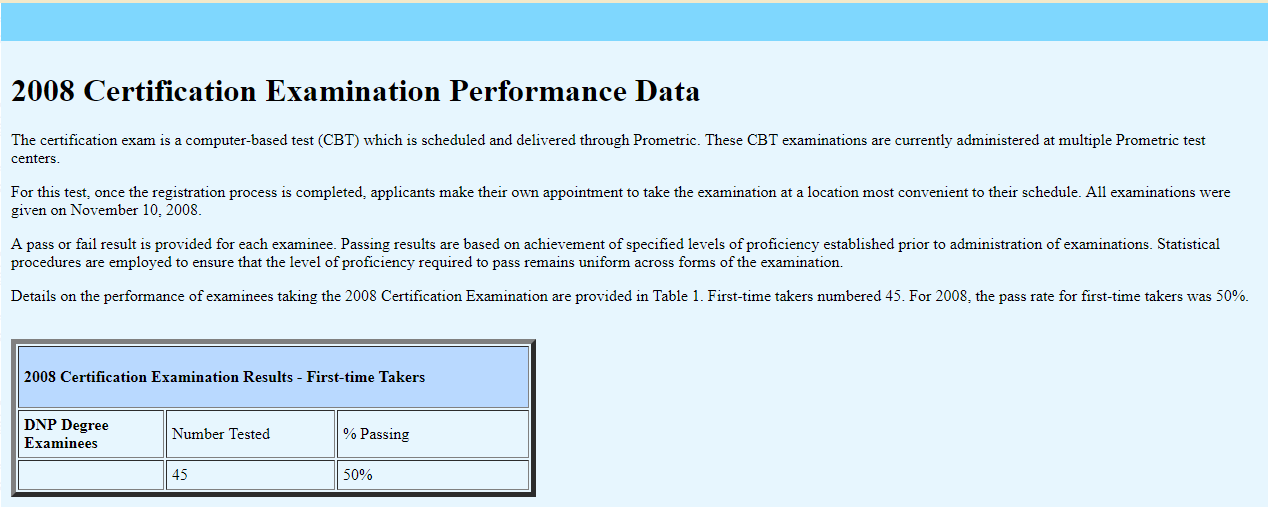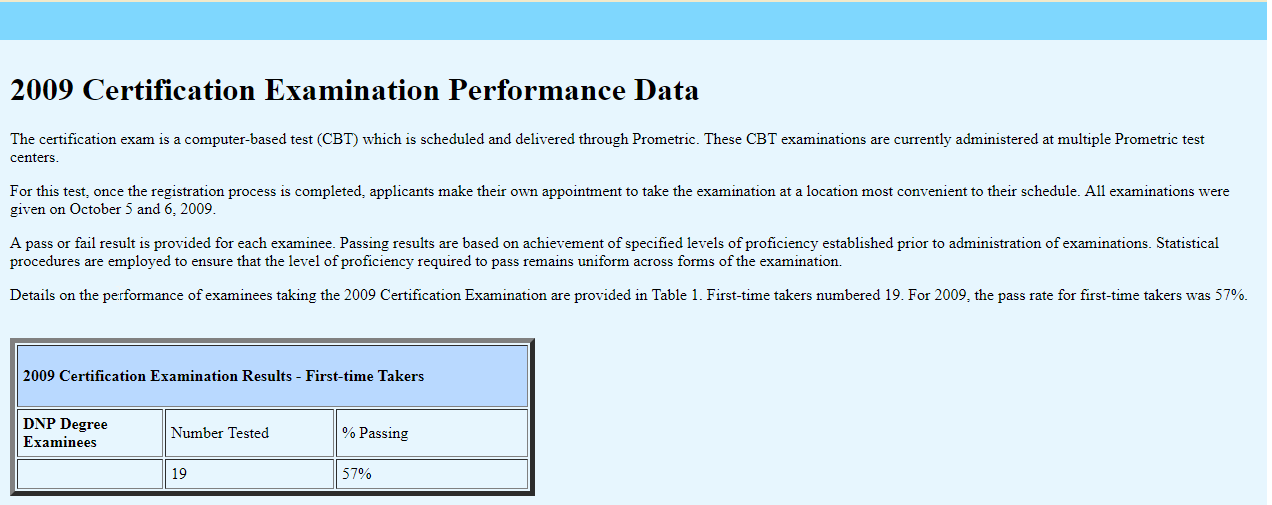If the physician lobby was worried about patient safety they would be fighting the naturopathic “physicians” tooth and nail. The lobby is worried about money not people, because treating and educating patients who would rather go to a naturopath would take time and effort. They would prefer that the patients who use turmeric to treat cancer stay out of their waiting rooms. Don’t give me the “patient safety” argument. It’s disengenious and everyone out of medical school knows it.
They are. The problem is there is the AMA has limited influence because physicians are far more split up among the lobbies and groups for their individual specialties and not united under a single umbrella like the nursing lobby. The physician lobby will never be as powerful as the nursing lobby, and patients will ultimately suffer because of this.
If physicians are better than NPs, PAs, and uncredentialed weirdos peddling crystals, shouldn’t that be decided in the marketplace?
This is a crap argument. That's the kind of mindset that allowed the anti-vaxx and naturopathic movement to gain traction. People are stupid, they don't know what they don't know, and the dunning-kruger effect is alive and thriving. I'm all for personal responsibility and individual rights to be as stupid about your own healthcare as you want, but when s*** really hits the fan the average American is too stupid to understand why they need an actual doctor instead of just a "provider".
I would take an experienced NP over an intern any day of the week. We can start discussing PGYII's tho if you would like...
So let me ask you this then. Why is it that most of the NPs I've worked with as an M3 or M4 have asked me what I thought they should do for complex patients or even moderately complex patients who I knew the treatment for pretty easily? Why have many of them not known basic stuff like CURB-65 criteria or what that "crusty looking rash" was (impetigo)? Why do I constantly see NPs doing rapid strep tests on literally every patient who walks through the door with a sore throat? Is it because they never learned this incredibly basic information or did they just forget about it as soon as they were able to put the long white coat on?
Arrogance is why I prefer to work with midlevels over residents. NPs do their job at alerting the supervising doctor. Residents are too proud to say "I don't know".
If your residents are too proud to say "I don't know" then you're working with some crappy residents and I'd avoid your program like the plague.
In my DNP program there are zero students without significant nursing experience. I'm on the low end with 5 years in critical care and 10 years in emergency medical services. I'm sure those exist, but I've never met an NP without significant bedside experience prior to becoming an NP. I feel 95% is a more than accurate number.
Come work in my city, I literally met a dozen of them on a single 1 month rotation and several more throughout my clinical years.
I think there should be tiered NP independence program. A certain number of years with mandatory physician supervision, and then another board certification for independence. I think that would be a better standard than we have today. Do I think experienced NP's are safe in primary care? Yes.
I think there needs to be actual standards for NP education beside just getting a BSN before starting an advanced degree. The days when the only people going for a DNP were those with 10+ years of experience are dead, but they need to come back. Especially if idiots in gov who have less healthcare experience than freshman in college who's shadowing a doc are making laws that allow them to practice independently.
Reading some of these replies made me realize most people here have no real life experience. Go to almost any ED in the country and you'll see an NP working with the ED doc. Go to any community hospital and you will see NPs working with hospitalists. Go to any medicine or medical subspecialty clinic and you will see NPs monitoring patients with chronic medical conditions. Go to any surgery or surgical subspecialty clinic in the community and you will see an NP taking out stitches and asking how the patient is doing. This is not high-level diagnostic work. I don't want to spend more than a minute seeing a sickle cell patient coming in for pain medicine refill in a hematology clinic every few weeks. I don't want to see a stable chronic kidney disease patient in a nephrology patient without any change who just needs certain labs. The list goes on and on. NPs can do these roles "independently" but they are quick to notify the MD of any problem. In most countries these types of patients don't need subspecialists but in our country it is and hence we need NPs.
You do realize that several people on here were nurses before going to med school and many of us do have 5+ years of clinical experience before med school, right? My statements against independent practice for NPs isn't just based on what I've seen in med school, it's also based on years of working alongside them before hand. While I do think they play a valuable role in many areas and most I've encountered aren't full tilt nutcases like the person in the OP, there are enough with a loud enough voice that it needs to be addressed.
This was clearly listed in the discussion section under limitations. I'm sure you didn't need me to find it for you. You are looking for a perfect study, good luck.
No one is looking for a perfect study. What we do want is a study where the same metrics are used to measure mid-level outcomes as physicians, which currently doesn't exist.
Wow, its pretty easy to APPLY for medical school too, look at what the internet just told me!
View attachment 231010
Congratulations, you found a website for a diploma mill which is well-known as a sub-standard institution in the US by anyone with knowledge of the medical education process. If you ask most people in this thread, they'll also be against most of the Caribbean medical schools. Good job.
Yes, but to APPLY, the standards are very low, just like NP school.
Frankly, I don't care what the standards to get into medical school are, I care about the education the students get during med school and residency. If someone with a 2.0 GPA can learn everything they need to, pass their boards, pass all their clinical rotations, and complete an accredited residency, they've run the gauntlet and proven they've got at least the minimal skills to practice independently. The reason med school admission standards are as high as they are though is because people with 2.0 GPAs typically don't have the intelligence or skills to be successful in our educational process because of it's difficulty. The same cannot be said for the NP degree.
Before you complain about double standards, if the educational standards of NPs was higher (like requiring full residencies, several years of foundational science courses, and more than basically 3 months of clinical experience), then you can make an argument for lower application standards. However, you don't get to say that the low standards are no big deal because certain med schools have mediocre standards when the rigor of the educational courses is light-years apart.

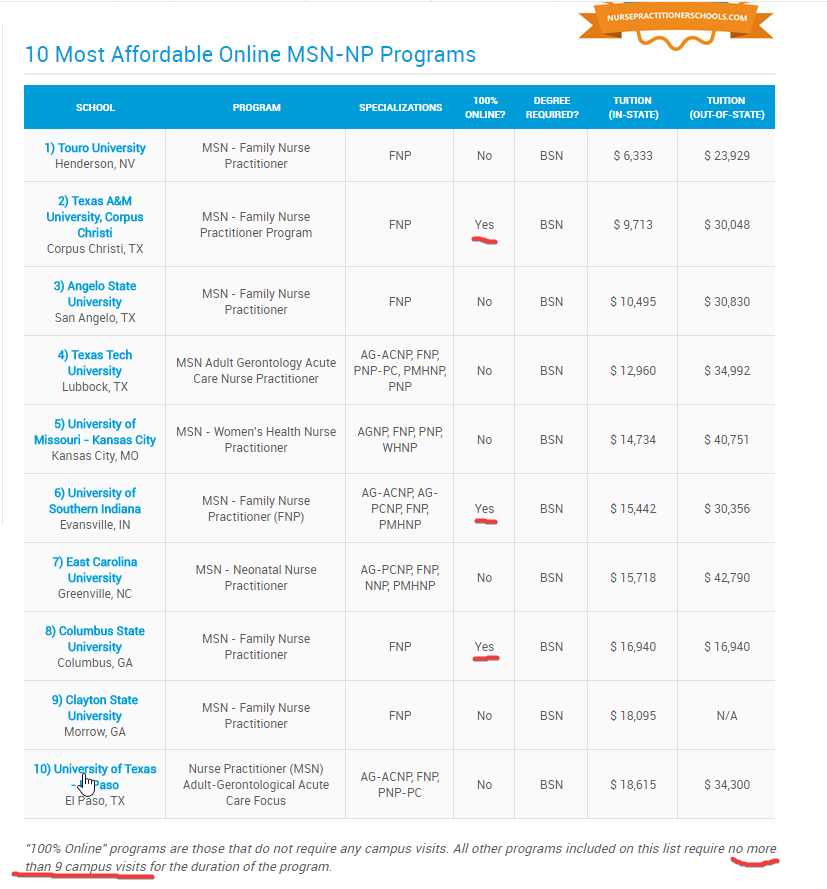
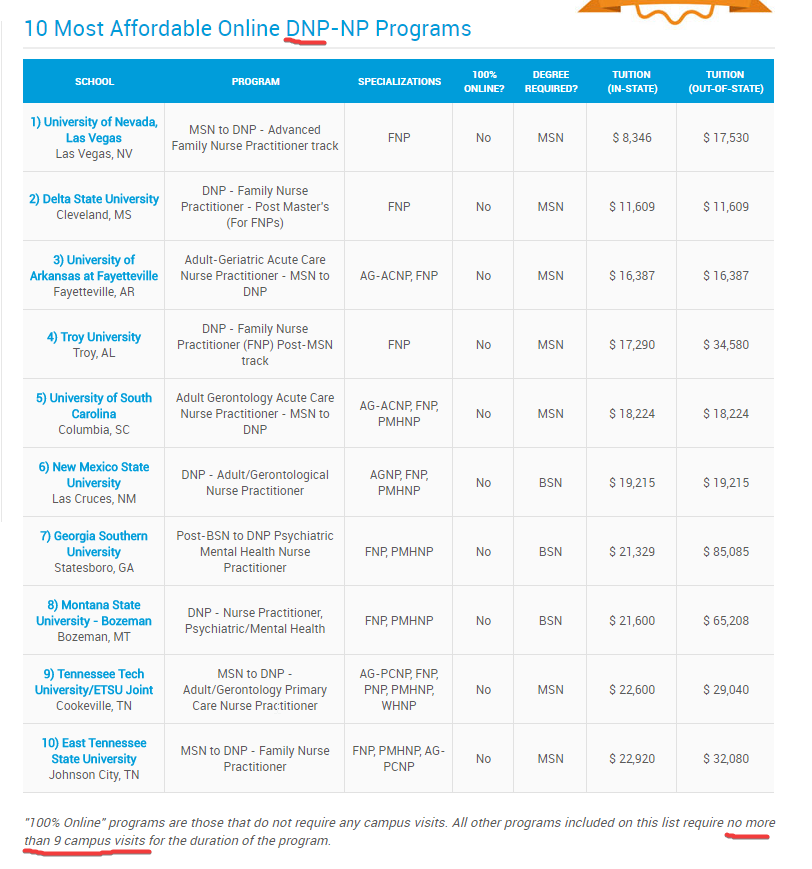
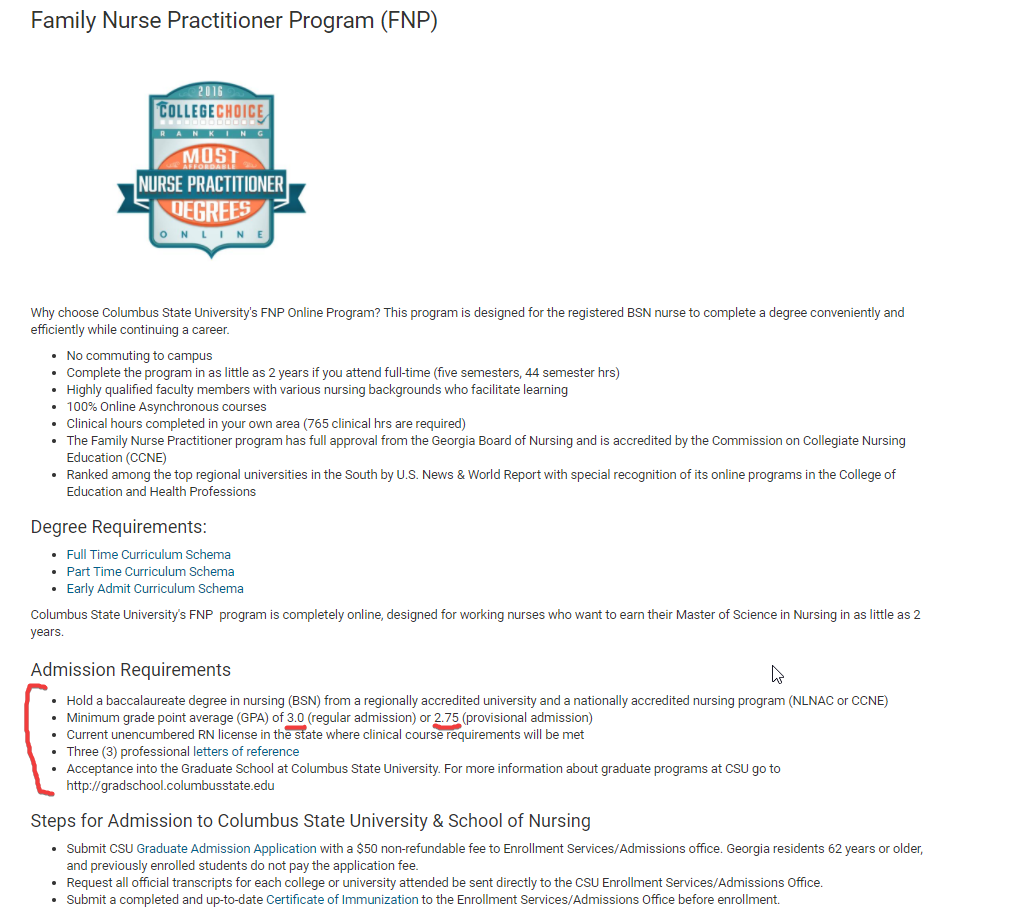
 )
)